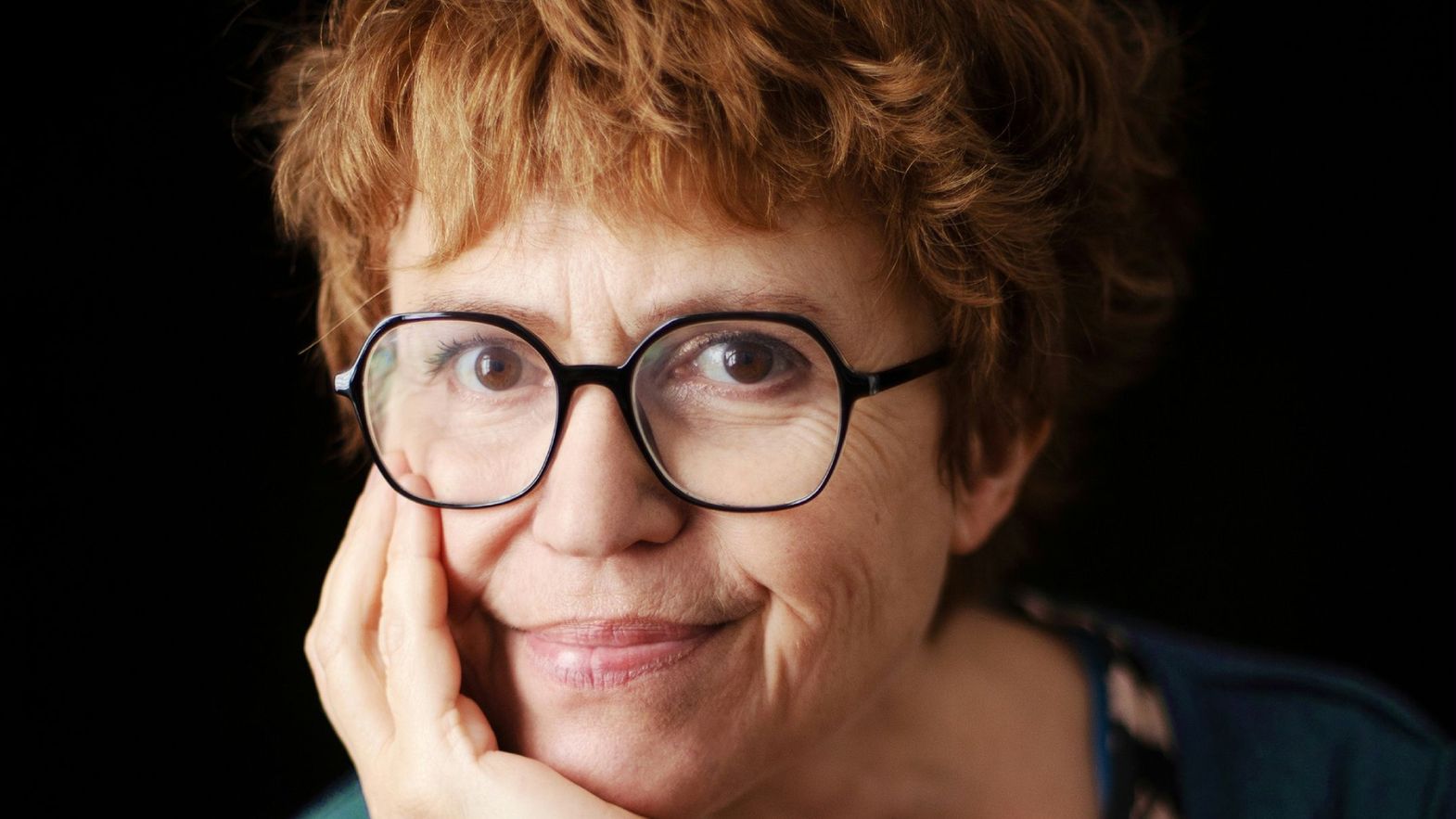 © Alexandre Ean
© Alexandre Ean
The film tells the story of two very different brothers.
Two of us thought of this story, together with Yves Thomas with whom I wrote the film. The idea was to stage the legacy of savagery and violence. The ghost of power and the rulers who in the twentieth century brought the world into chaos hovers. An abstract dynamic to the point of being a nightmare, so much so that we no longer know if what we see is true or not. We wanted to create a noir that fits into the tradition of this genre, revisiting it in a modern way. We put at the center of the story two half-brothers with a relationship of tension for years, imbued with a ferocity ready to explode.
The bowling alley of which one owns and the other manages is a dark place, conveying a gloom of the soul.
It is a noisy underground place, a metaphorical construction that represents a sort of suspension from the world, going down to a dungeon in a dream that tastes of a nightmare.
How did you choose to show the violence?
It is portrayed in the cinema in such an extreme way, too, that it no longer affects us. We wondered how to immerse ourselves in a violence that was the central subject. As such, we could not fail to show it. That's why I wanted to treat it in a single case, in a specific scene in which it was clear how it exploded for the first time in a particular character, who until then had been violent only against himself. What makes that scene particularly tense and primitive is its length. If it had been short it would have been complacent. There is nothing premeditated, the passage to the act is unsettling.
Can we read the dinner scene of a group of hunters as a representation of toxic masculinity?
It is an ancestral scene, accompanied by an ancient hunting song adapted for the occasion. A scary group of hunters gathered together, with an almost boy band side, but at the same time very irreverent. It's the moment when you enter the gender dynamic, in a crazy and somewhat baroque scene, in which they find themselves together watching a video with hunting scenes.
Mauro Donzelli